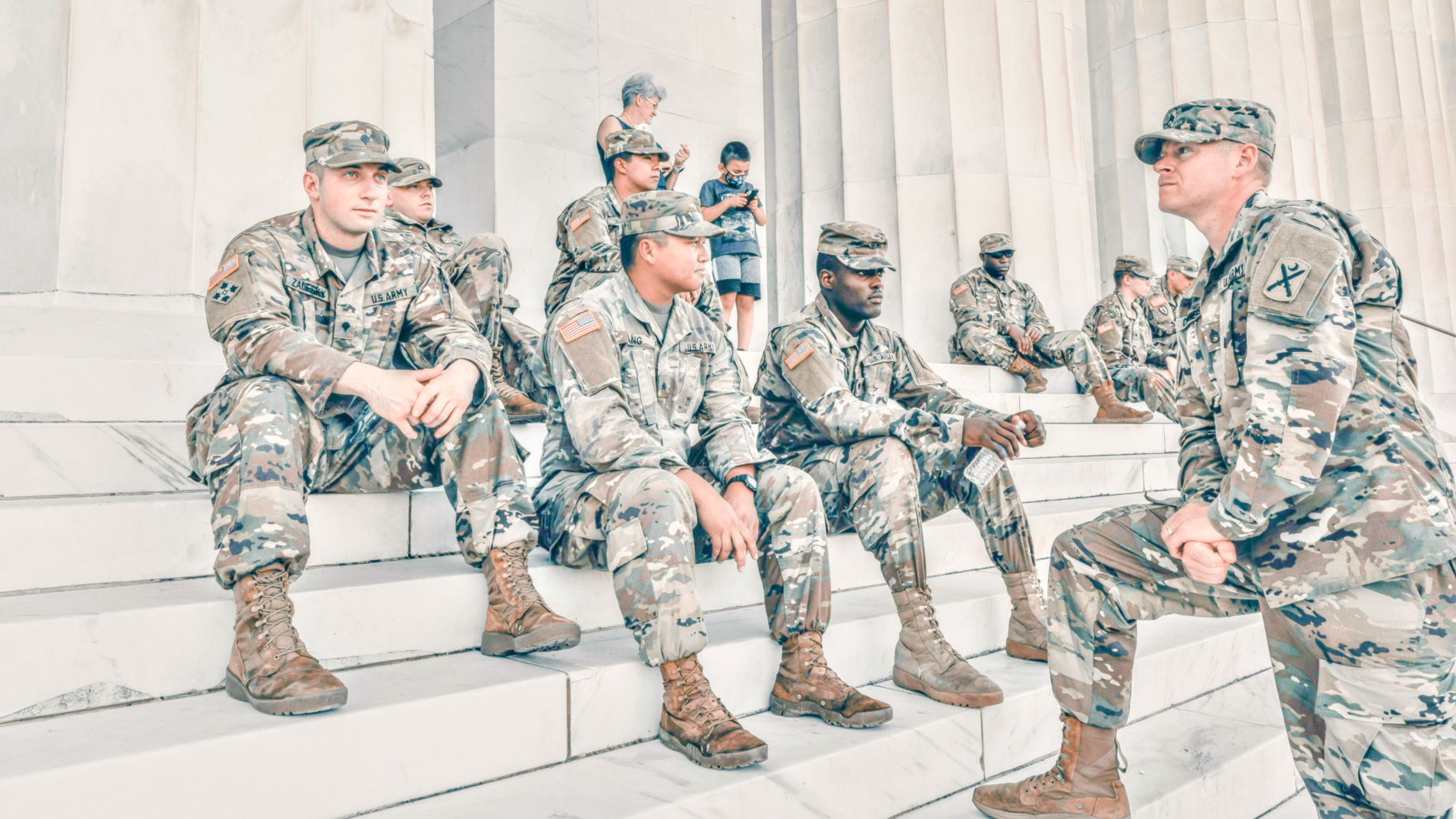So, you thought Brazilian Jiu-Jitsu (BJJ) was just about rolling around in pajamas and choking people out? Well, surprise! It’s also a secret weapon for mental health, physical fitness, and making new friends who won’t judge you for sweating profusely. A recent scoping review by Segovia, Buelna, and Sunderman (2024) digs deep into BJJ’s benefits for veterans and first responders, proving it’s not just a martial art—it’s like a group therapy session where you occasionally get submitted. Let’s break down the findings (don’t worry, no gis or tap-outs required).
Physical Health: Get Stronger Without Hitting the Treadmill
If you thought getting in shape meant endless burpees and running until your legs give up on life, think again. BJJ sneaks a full-body workout into every roll. Veterans and first responders training in BJJ saw improvements in cardio, strength, and endurance (Segovia et al., 2024). Imagine, instead of getting punched in the face, you’re wrestling your way to better heart health!
Police departments, like the Marietta PD, have even seen a 48% drop in injuries among officers who trained in BJJ (Rogers et al., 2021). So, it turns out that learning how to roll and avoid getting arm-barred is not just good for your ego—it’s good for your safety. Plus, no one ever pulled a hammy tapping out to a well-timed submission.
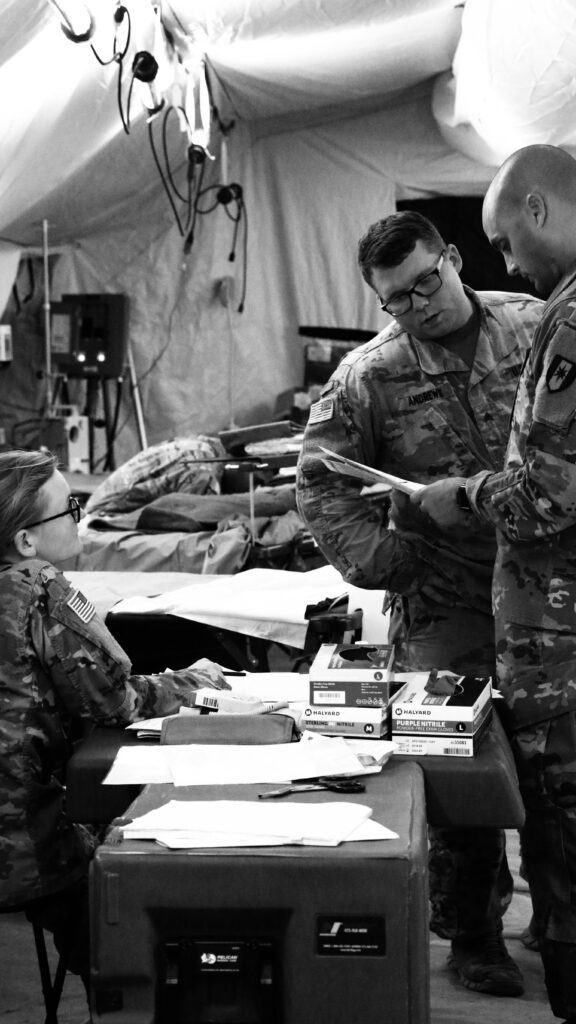
Mental Health: The Anti-Anxiety Choke (Yes, Really)
Now, let’s talk about your brain. Veterans dealing with PTSD, depression, and anxiety have found major mental health benefits in BJJ—no couch or therapist required! According to Willing et al. (2019), veterans who practice BJJ saw significant reductions in PTSD symptoms. Turns out, when you’re figuring out how not to get triangle-choked, it’s hard to focus on anxiety. It’s mindfulness, but with more armbars.
Think about it: you’re face-to-face with a guy trying to guillotine you, but instead of freaking out, you stay calm, focus, and breathe. It’s like meditation—if meditation involved someone attempting to fold you into a pretzel.
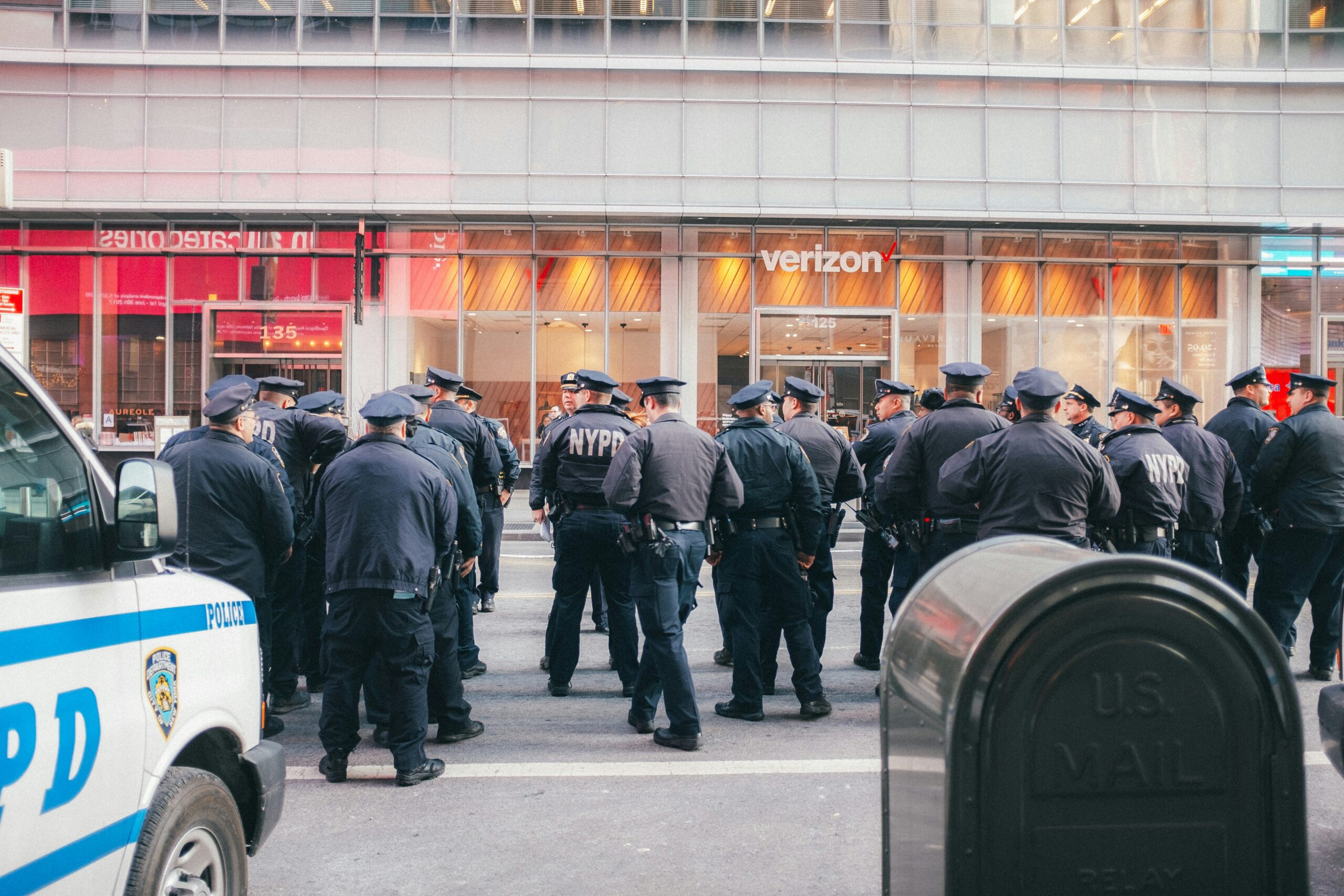
Social Integration: Where Choking Your Friends Builds Bonds
For veterans and first responders, post-service life can be pretty isolating. Enter BJJ—the only place where getting squashed under someone’s side control can help you make new friends. Mickelsson (2021) found that the camaraderie developed in BJJ is key for veterans trying to reintegrate into civilian life.
It turns out, there’s nothing like bonding with the person who just tried to armbar you into submission. Suddenly, you’re not just part of a gym; you’re part of a sweaty, grappling family. And yes, hugs are part of the deal, too—usually after you tap out.
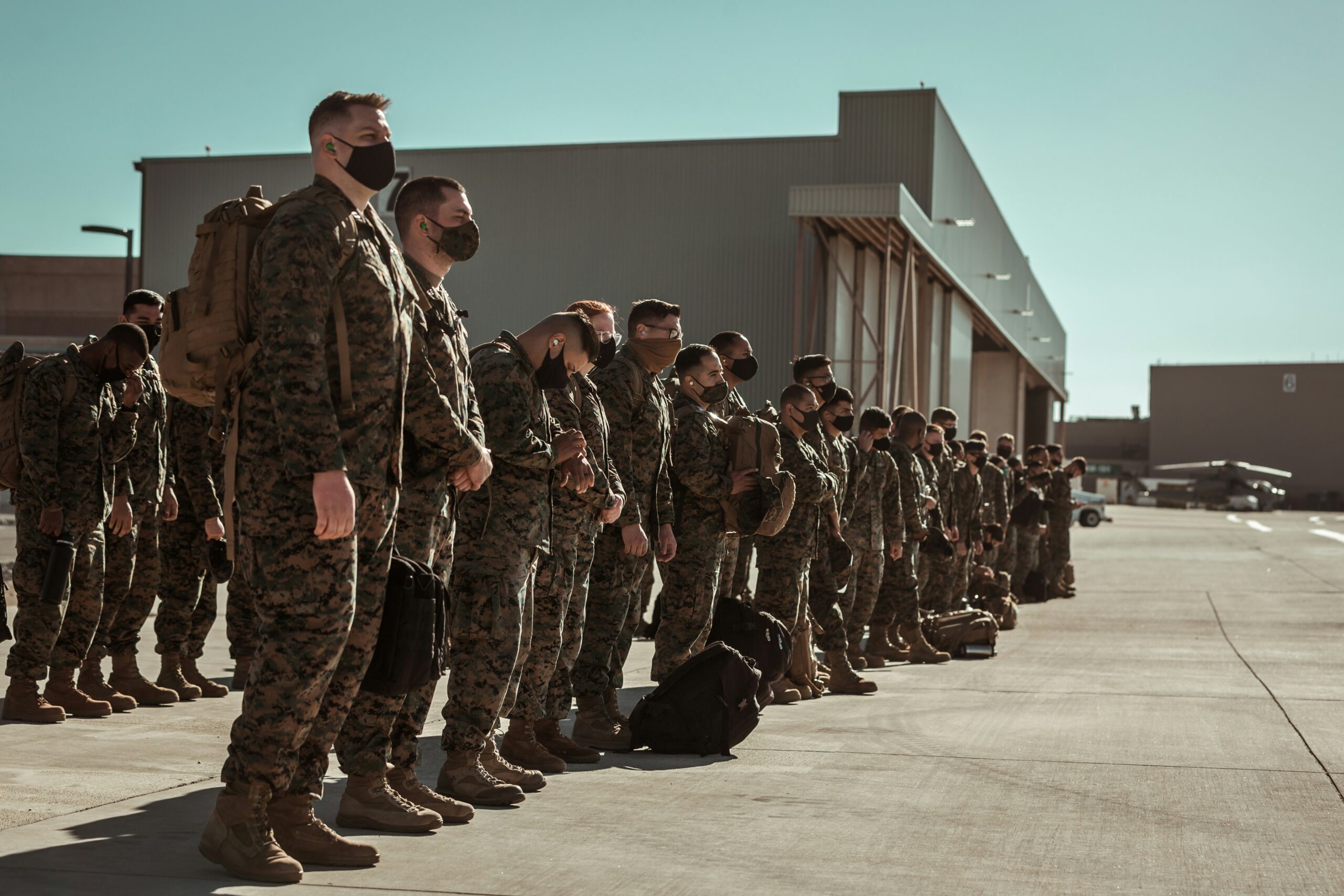
Law Enforcement: Less Tasers, More Triangles
BJJ isn’t just saving veterans from stress—it’s also helping law enforcement officers keep their cool under pressure. According to Kilby (2022), officers trained in BJJ are better at de-escalating situations and using less force. In fact, Marietta PD reported fewer complaints about force and even reduced taser usage (Rogers et al., 2021).
That’s right, instead of reaching for a taser, officers trained in BJJ are calmly handling situations with their new best friend—control. Turns out, knowing how to triangle someone means you don’t have to electrocute them first. A win for everyone!
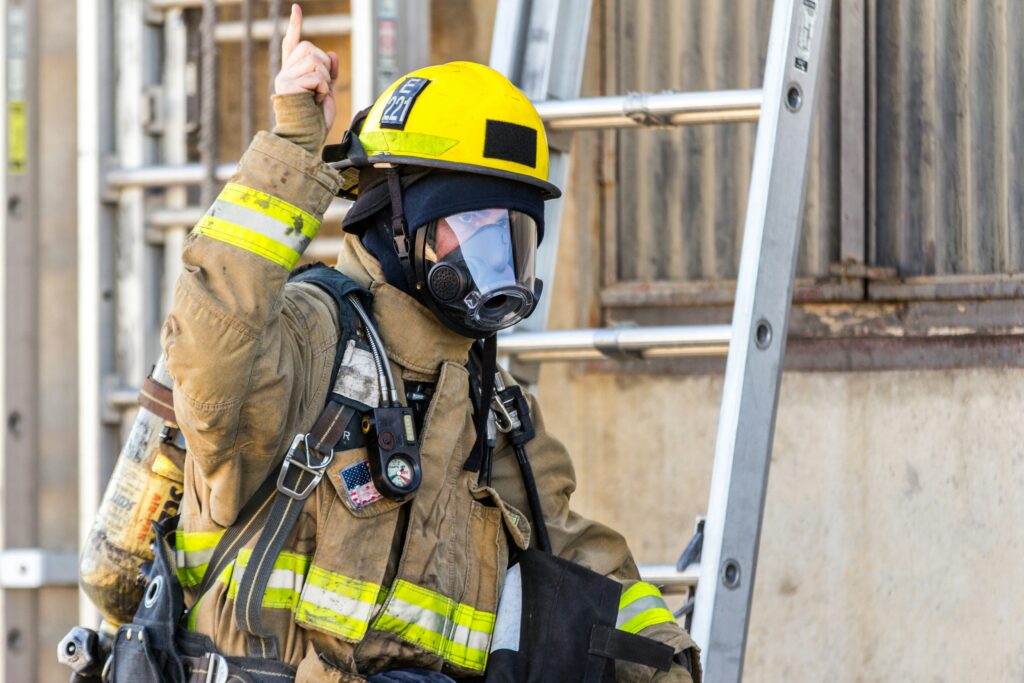
Conclusion: BJJ—The Most Hands-On Therapy Around
The research is clear—Brazilian Jiu-Jitsu is more than just a martial art. It’s a full-body, full-mind workout that helps veterans, first responders, and law enforcement officers stay fit, mentally sharp, and socially connected. Whether you’re looking to dodge anxiety, make new friends, or just get stronger, BJJ has you covered (sometimes literally, with someone’s knee on your chest).
So next time you see a bunch of people rolling around on the mat in their gis, don’t laugh—they’re not just grappling for fun. They’re getting a mental and physical workout, making new friends, and maybe even saving lives. Plus, it’s way cheaper than therapy.
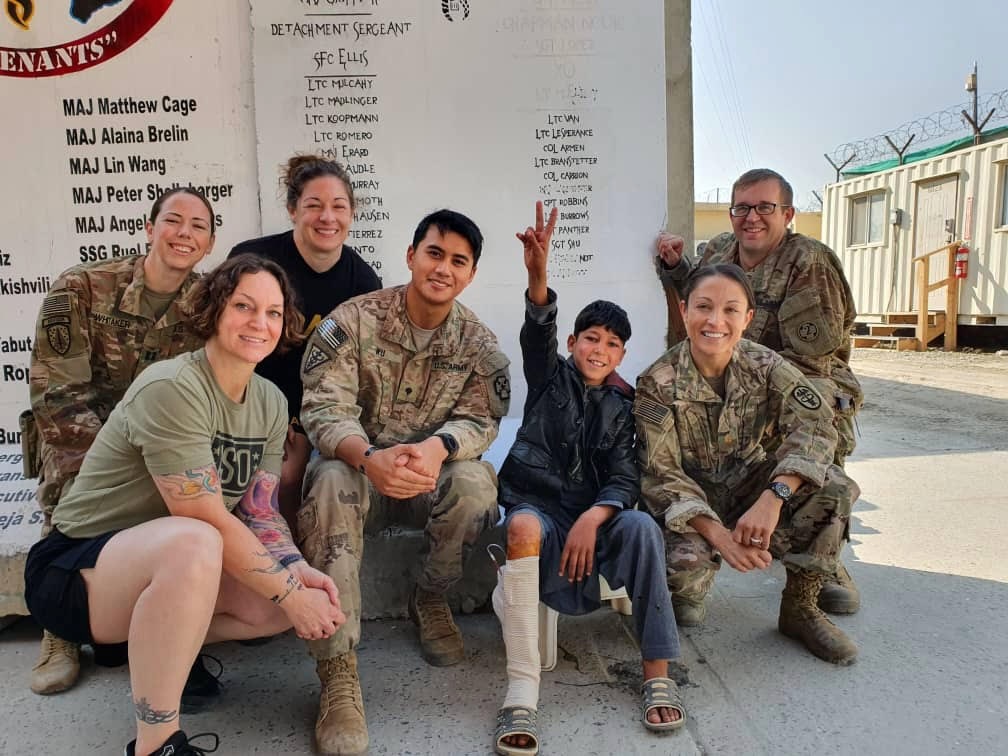
References
Kilby, T. (2022). The benefits of jiu-jitsu beyond technique. Police1. https://www.police1.com/health-wellness/articles/the-benefits-of-jiu-jitsu-beyond-technique-WaVZI8zAQXh9Gx5S/
Mickelsson, T. B. (2021). Brazilian jiu-jitsu as social and psychological therapy: A systematic review. Journal of Physical Education and Sport, 21(3), 1544-1552.
Rogers, K., Jones, P., & Burne, K. (2021). Marietta Police Department measurably improves officer outcomes with the BJJ program. Jitsmagazine. https://jitsmagazine.com/marietta-police-department-measurably-improves-officer-outcomes-with-bjj-program/
Segovia, R. O., Buelna, A., & Sunderman, B. (2024). An examination of studies related to Brazilian jiu-jitsu in enhancing mental and physical health among veterans and first responders: A scoping review. The Sport Journal.
Willing, A. E., Girling, S., Deichert, R., Wood-Deichert, R., Gonzalez, J., Hernandez, D., Foran, E., Sanberg, P. R., & Kip, K. E. (2019). Brazilian jiu-jitsu training for US service members and veterans with symptoms of PTSD. Military Medicine, 184(11-12), e626–e631. https://doi.org/10.1093/milmed/usz074

